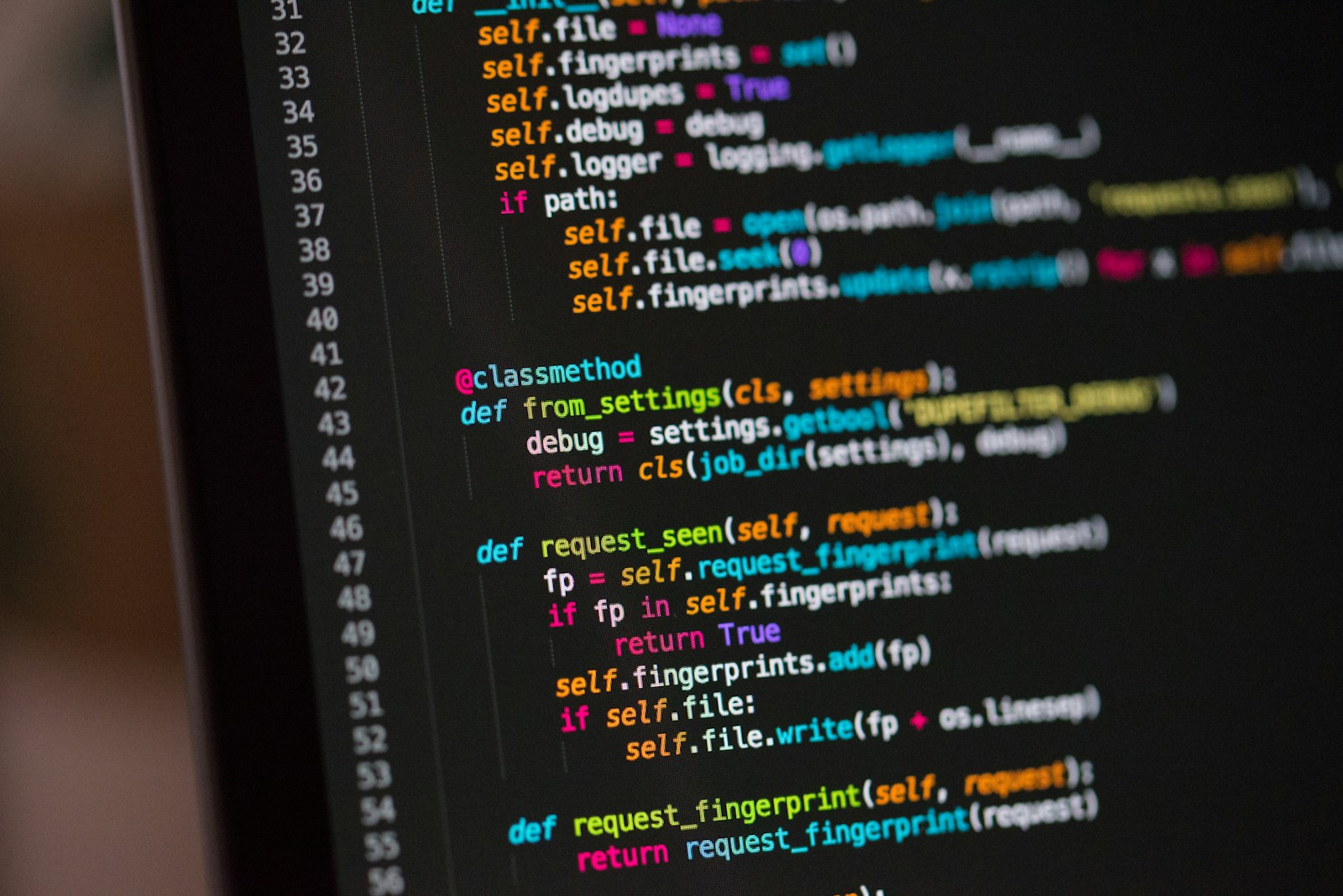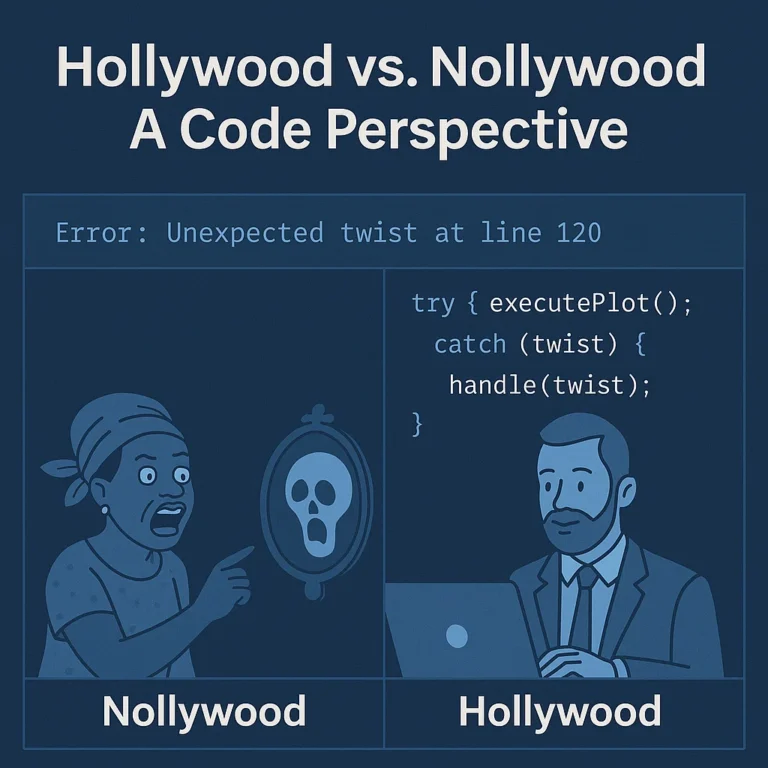Introduction: Why Learn Programming?
Have you ever looked at a website, mobile app, or video game and wondered how it was made? The answer lies in programming—the skill of writing instructions that computers follow to perform tasks. Whether it’s the apps on your phone, the software on your computer, or even artificial intelligence systems, they all exist because someone took the time to learn and apply programming.
But here’s the key: learning programming is not about instant mastery—it’s about consistency. No one becomes a skilled programmer overnight. Just like learning a new language or playing a musical instrument, coding requires regular practice. A little progress each day adds up to significant improvement over time.
If you can commit to learning a small piece of programming every day—just 30 minutes to an hour—you’ll be amazed at how much you can achieve in a few months. The real difference between those who succeed and those who don’t is consistency. In this guide, we’ll explore:
- What programming is and why it’s important
- How to start learning and build a routine
- The kinds of projects you can create with programming
- Different career and hobby opportunities in coding
- Practical tips to stay consistent and motivated
By the end of this, you’ll understand that programming isn’t just about talent—it’s about showing up, practicing, and building something amazing over time.
What is Programming?
At its core, programming is the process of giving clear instructions to a computer so it knows what to do. Think of it like writing a recipe for baking a cake:
- Preheat the oven.
- Mix ingredients in a bowl.
- Pour the batter into a pan.
- Bake for 30 minutes.
- Take the cake out and let it cool.
If any step is unclear, the cake won’t turn out right. Computers work the same way—they follow your instructions exactly, but you must be precise.
Programming Languages: The Tools You’ll Use
Just like humans speak different languages, computers understand different programming languages. Some beginner-friendly options include:
- Python – Great for beginners; used in AI, web development, and automation.
- JavaScript – Used for making websites interactive.
- Scratch – A visual programming language perfect for complete beginners.
- C# – Popular for game development with Unity.
- Java – Common for Android mobile apps.
No matter which language you start with, the key is to practice consistently. Even 30 minutes of coding per day is more effective than cramming for hours once a week.
What Can You Do with Programming?
With consistent practice, you can build:
- Websites (e.g., personal blogs, online stores, social media platforms)
- Mobile apps (e.g., fitness trackers, learning apps)
- Video games (e.g., puzzle games, multiplayer experiences)
- Artificial Intelligence (AI) systems (e.g., chatbots, voice assistants)
- Automated scripts (e.g., auto-sending emails, data analysis tools)
Programming isn’t just for professionals—it’s a skill that anyone can use to create, solve problems, and innovate.
Why Consistency Matters in Learning Programming
Think of learning to code like going to the gym. If you work out every day for 30 minutes, you’ll see steady progress. But if you only exercise once in a while, it’s much harder to build strength. The same applies to coding—small, regular practice sessions are far more effective than occasional long study sessions.
The Power of Daily Practice
- Reinforces concepts – Repetition helps you remember programming rules and logic.
- Builds problem-solving skills – The more you code, the better you get at debugging and thinking critically.
- Avoids frustration – If you go too long without coding, you might forget things and have to relearn them.
- Creates momentum – Once you build a habit, it becomes easier to stay motivated.
If you can set aside even 30 minutes a day, you’ll build a solid foundation much faster than someone who only codes sporadically.
The Best Way to Learn Coding
To truly grasp programming, it’s important to use a structured approach. Many beginners make the mistake of only watching tutorials without actually writing code. The best way to learn and retain programming concepts is through active engagement. Here’s the ideal procedure to follow:
-
Get a Good Book: While online tutorials are great, a well-structured book provides depth and a clear learning path. Books like “Automate the Boring Stuff with Python” or “Eloquent JavaScript” guide you through concepts in a progressive manner.
-
Write Code with Pen and Paper: Before typing code into a computer, try writing it out by hand. This may seem old-fashioned, but it forces you to pay attention to syntax and structure. Writing code on paper also strengthens your understanding, as it eliminates the temptation to rely on auto-completion or debugging tools.
-
Understand Before You Type: Once you’ve written the code manually, type it out and test it. This helps you see how small changes affect the outcome. If errors arise, troubleshoot by going back to your handwritten notes.
-
Break Down and Modify Code: Instead of just copying examples, break them apart and try making small modifications. This enhances problem-solving skills.
-
Work on Mini-Projects: Once you’ve grasped the basics, apply your knowledge by building small programs, like a to-do list app or a simple game.
By following this method, you’ll deepen your understanding and develop a solid foundation in coding.
How to Stay Motivated and Keep Learning
The good news is that you don’t need a university degree or expensive software to start coding. You just need a plan and commitment to consistency.
Step 1: Choose One Beginner-Friendly Language
If you’re completely new, Python is an excellent choice because it’s simple and widely used. If you’re more interested in websites, start with HTML, CSS, and JavaScript.
Step 2: Follow a Structured Learning Path
There are many free and paid resources available:
- Interactive Websites: Codecademy, freeCodeCamp, W3Schools
- YouTube Tutorials: Great for visual learners
- Online Courses: Udemy, Coursera, Harvard’s CS50 (free)
- Books: “Automate the Boring Stuff with Python” (excellent for beginners)
Step 3: Set a Consistent Daily or Weekly Schedule
Treat coding like an appointment you can’t miss. Here’s an example of a simple weekly plan:
- Monday – Friday: 30 minutes of coding exercises or tutorials
- Saturday: Work on a small project or review what you’ve learned
- Sunday: Take a break or explore new coding topics
Even if you can only commit to 15 minutes a day, do it consistently. Over time, it will become a habit.
Step 4: Start Writing Code Immediately
Don’t just read about coding—start coding from Day 1. Try simple exercises like:
- Printing “Hello, World!” on the screen
- Creating a basic calculator
- Making a simple guessing game
For example, in Python, this small program prints a greeting:
It might look simple, but writing small programs daily builds confidence and skills.
print("Hello, World!")
Step 5: Work on Small Projects
Once you understand the basics, start working on projects that interest you:
- A to-do list app
- A basic calculator
- A weather app that fetches real-time data
Projects help you apply what you’ve learned and build confidence.
Step 6: Join a Community for Motivation
Consistency is easier when you’re part of a supportive group. Join:
- GitHub – A platform where programmers collaborate on projects.
- Stack Overflow – A place to ask and answer coding questions.
- Reddit (r/learnprogramming) – A great community for beginners.
Being around others who are learning keeps you motivated.
Conclusion: The Journey Starts Today
Programming is a skill that anyone can learn, and success isn’t about being the smartest—it’s about being consistent.
If you start today and commit to small, daily coding sessions, you’ll be amazed at what you can achieve in just a few months. Whether you want to build a website, create a game, automate tasks, or even start a tech career, the key is to keep showing up.
So, are you ready to begin? Start small, stay consistent, and watch yourself grow into a programmer!
Start Learning Python Now
If you would like to learn how to use YOLO someday, why not start with learning the Python programming language now. You can register on our (currently) free course. It introduces you to the basic concepts that you will need to jump onto the bandwagon of computer programming, and especially, into the exciting world of Artificial Intelligence (AI) and Computer Vision.
Start small, take your time and learn the concepts. That’s how we started, and it paid off. It paid off by enabling us to assimilate and entrench the basic concepts that we need for learning to code.
You can register, log in, read through the concepts, read the exercises and solutions, and take a break (quite important when learning programming). You would also be able to call attention to the expert tutor to give you some guidelines. Get onto the course now by clicking on this link Python for Beginners



